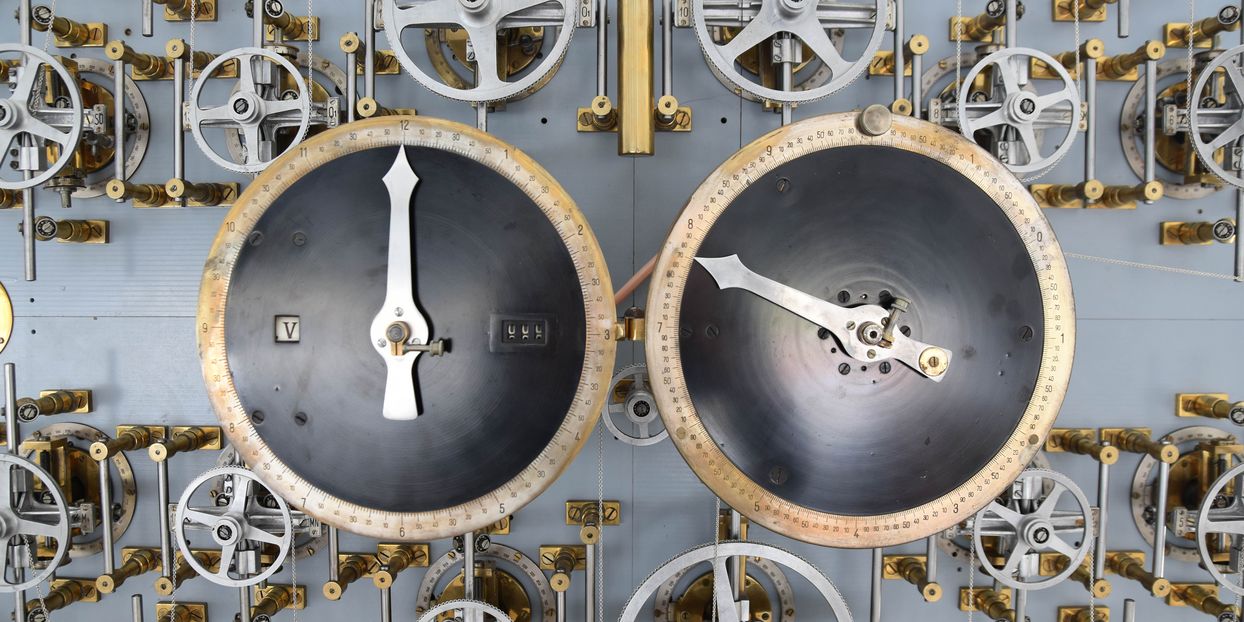
Research Hubs and Research Labs
The alliance takes up the issues and research perspectives outlined above by clustering the validation aspect of the past into three overarching perspectives:
- Regimes of evidence
- Spatiotemporal paradigms
- Past as a public resource
Within the three Research Hubs there are three Research Labs each, which set thematic priorities and in which groups of researchers work on individual research questions together with external cooperation partners.
Research Hub I: Regimes of Evidence
Building on the research conducted in the Leibniz Research Alliance "Historical Authenticity" on processes of authentication and authorisation in historical disciplines and in public historical culture, Research Hub I enquires as to the regimes of evidence that frame and organise the representation of the past. With the double meaning of the term evidence in mind, signifying as it does both proof (evidence) and conviction (certainty), the focus is on the connection between lifeworlds and horizons of interpretation and the interrelationship between practices of evaluation and authentication based on language, objects and documentation. The creation of evidence and knowledge systems at the intersection of language, performance and lifeworlds will be explored in public discourses about the past, and object-based plausibility strategies will be examined by bringing together questions of museology and the history of science at the intersection of materiality and mediality. In view of the challenges in the digital age of making information transparent and reliably accessible, the hub also intends to lay the foundations for a Digital Heuristics and Digital History, drawing especially on archival and library expertise.
Research Labs
Research Hub II: Spatiotemporal paradigms
Research Hub II explores spatiotemporal paradigms that shape value attributions concerning the past. It is based on the principle that the value of the past has in the first place a certain reach in that it refers to historical and political spaces and their intended or desired order, as is apparent, for instance, when we speak of "European", "occidental" or "oriental" values. Secondly, the description of cultures is generally based on certain attributions of temporality, as we can see in attributes such as "progressive", "traditional", "developed" or "emerging". The hub aims to strengthen the study of the interdependencies of conceptions of space and time by asking how historical and political spaces and their temporal structures are both the precondition and the result of value attributions – and what kinds of scaling may be observed and used to describe them from a historical and analytical perspective. This is to be achieved by examining dynamic spaces that appear as spatiotemporal constructs such as continents, states, cities, centres and peripheries, and whose perception and description in historical perspective is fluid and thus able to challenge values that once served as benchmarks or points of reference and replace them with new ones. In research on temporalities of historical culture, the alliance explores the extent to which the culture of remembrance creates its own conceptions of space and time. The hub examines the relationship of the three temporal planes of past, present and future in different eras and institutions and their impact on the construction and interpretation of history. Finally, the hub addresses the dissolution of spatiotemporal thought in debates about the Anthropocene. In ecological discourse, too, the past is not a place of nostalgic reminiscence, but rather a repository of geological, biological and ecological knowledge that will be of great importance for the maintenance of stable ecosystems in the future.
Research Labs
Research Hub III: Past as a public resource
Research Hub III is concerned with the past as a public resource. In contrast to the depletion of natural resources, the past initially appears to be an inexhaustible reservoir. But the past, too, is taken possession of, selectively invoked and "exploited". As a public resource there is always a battle being waged for its ownership; it is the starting point for struggles over distribution and recognition, serves as raw material for the formation of identity, just as it constitutes a source of revenue in terms of exchange and monetary value in its public revaluation and instrumentalisation. In three approaches, the hub examines how social actors make history public, reappraise it, reject or reinterpret it. In the lab Litigious Value of the Past, the focus is on the resulting conflicts, such as those between social majorities and minorities or between different religious groups and their relationship to secular actors. The lab Practices of Appropriation is devoted in particular to modes of appropriation in the context of the transformation of the media and asks how historical subjects and events are repeatedly interrogated and deemed relevant once again. The lab Valorisation and Commodification addresses the influence of economic factors on the production and communication of historical knowledge.
